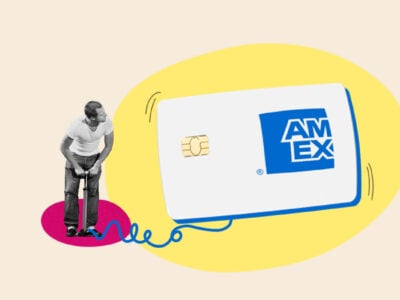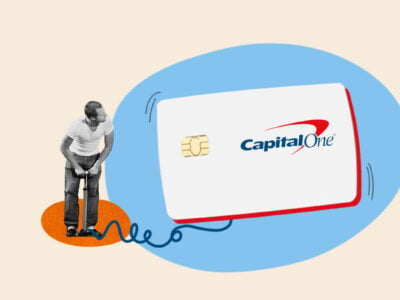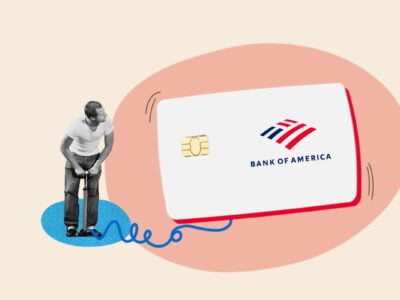Table of Contents
Not all credit cards are created equal, and credit card credit limits can range from $100 to tens of thousands of dollars. How much your Credit One line of credit is worth makes a big difference—both for your monthly spending and your credit score.
If you’re the owner of a Credit One credit card, you may be eligible to increase your credit line and reap the benefits. Learn how to score a Credit One credit limit increase and why it matters.
Is your Credit One credit card eligible for a credit limit increase?
Your Credit One credit card is eligible for a credit limit increase if your account has been opened for at least 6 months.
How to increase your Credit One credit limit
There are two ways to get a Credit One credit limit increase:
1. Request an increased line of credit
Credit One allows you to request a credit limit increase every 6 months. To make your request, call the number on the back of your card and follow instructions for requesting an increase.
2. Wait for an automatic increase
Credit One periodically reviews your credit card account to determine whether you’re eligible for a credit limit increase.
If Credit One decides to raise your line of credit, they’ll notify you via mail and/or email.
What to do if you’re denied a credit limit increase
The customer service team at Credit One disclosed the following as possible reasons your credit limit increase request was denied:
- Late or missed payments
- Overall poor credit
If your request for a credit limit increase has been denied, take the following steps, then try to re-request an increase in 6 months:
- Use your card regularly.
- Pay your bills on time.
- Pay down your current balance.
- Raise your credit score (if your request was denied based on your credit score, Credit One will send you a letter declaring so and include your current credit standing).
- Check your credit report for errors and dispute any mistakes immediately.
- Wait 6–12 months before requesting a credit limit increase on any credit card (including non-Credit One cards).
Why credit limit increases are important
Having a higher credit limit is great if you need a little more room to finance your monthly expenses. And, if used wisely, a higher credit limit on your Credit One card can also help your credit score.
That’s because higher credit limits change the equation for your credit utilization rate. Credit utilization is how much credit you’re using at a time. The rate is calculated by dividing your total balance across credit cards by your total credit limit across credit cards:
Credit utilization = balance / credit limit
Credit utilization is a major factor in your credit score, with a lower rate being better. If you keep your Credit One credit card spending the same but raise your overall credit limit, your credit utilization rate will be lower (which is good news for your credit score).
Here’s an example of how a $3,000 Credit One credit limit increase can change your utilization rate:
| Credit limit | Outstanding balance | Credit utilization calculation | Credit utilization rate | |
|---|---|---|---|---|
| Before increase | $5,000 | $2,000 | $2,000 / $5,000 ÷ 0.4 | 40% |
| After increase | $8,000 | $2,000 | $2,000 / $8,000 ÷ 0.25 | 25% |
In the example, the increased credit limit pushed the borrower’s credit utilization ratio under the maximum recommended rate of 30%, which may result in some added points to their credit score.
Will requesting a Credit One credit limit increase hurt my credit?
Making a request for a credit limit increase has the potential to hurt your credit, depending on whether the issuer checks your credit through a hard inquiry.
Credit One does not check your credit through a hard inquiry, so requesting an increased Credit One credit line will not have a negative impact on your credit score. Rather, they pull your credit through a soft inquiry, which won’t take points off your score.






